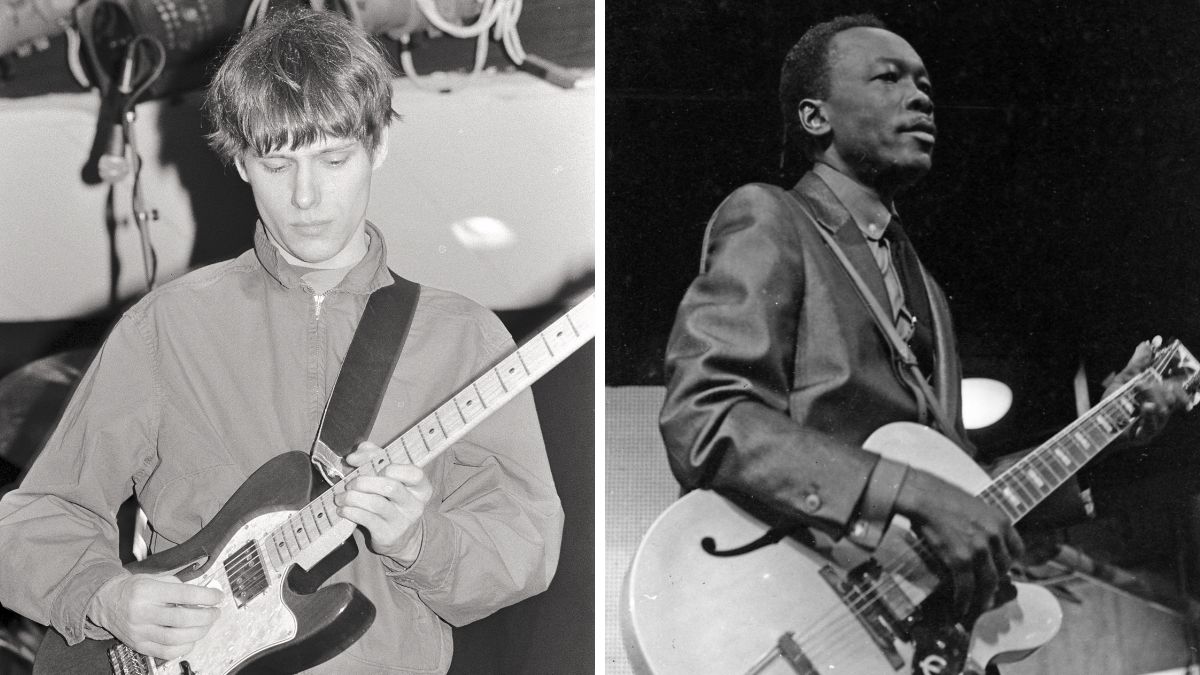“We set up Eric and Duane in the studio, so they were face-to-face about two feet apart. They could literally touch each other’s guitars if they wanted to”: The Albert Brothers on recording Hendrix, Clapton, the Allman Brothers – and that Layla session
Ron and Howard’s innovative recording techniques became synonymous with the ’70s – but the humble siblings say they were just lucky to get to work with the best
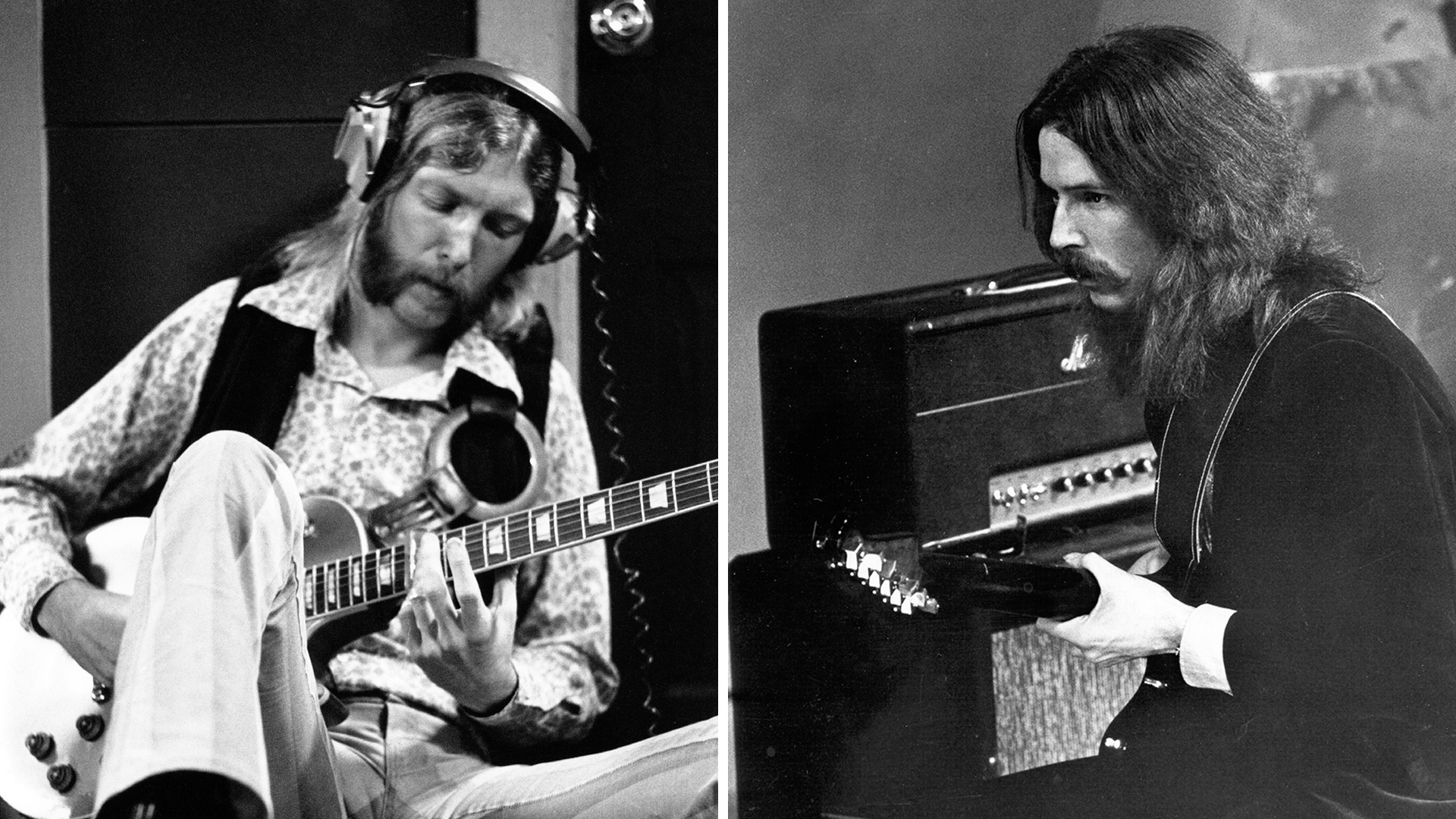
Since brothers Howard and Ron Albert transformed their Criteria Studios in Miami from a one-room recording booth into a premier destination for big artists, they’ve accumulated 40 gold and 30 platinum records.
Or so Howard reckons. Their resume includes Jimi Hendrix, the Allman Brothers, Frank Zappa and more, which means he's probably right.
While their innovative multi-mic recording technique built their reputation, Ron says that’s not the only thing that made Criteria Studios special.
“What made it great was that we had several rooms,” he tells Guitar World. “We had a lot of camaraderie between acts.
“Someone was in one room and they’d come into the next studio, sit in on something, maybe help to do a guitar part. It would happen on so many records. Because of that, I couldn’t begin to tell you who played on what!”
While the Albert Brothers rubbed elbows with Eric Clapton and Joe Walsh, the best of their work probably came via Dickey Betts and Duane Allman, resulting in records like Eat a Peach – which Ron holds dear.
“That was finished after Duane died,” he says. “Though he played on some of the tracks, Dickey went and learned the slide part for Melissa. Everybody thinks, ‘Oh, this is Duane.’ But Duane wasn’t there; it’s Dickey Betts.”
All the latest guitar news, interviews, lessons, reviews, deals and more, direct to your inbox!
The Albert Brothers sold Criteria Studios in 1983 and retired; but in 1987 they formed Vision Studios and Audio Vision Studios, which today focus on hip-hop artists like Jay-Z, Lil Wayne, Lil John and Ludacris – a far cry from the guitar-drenched days of the ‘70s.
“We were sort of cheating the world because there were two of us,” Howard says.
“We had one standing in the control room while the other was moving mics. We could hear the change from location to location. We could get guitar sounds that no one else was getting then because we had two sets of ears.”
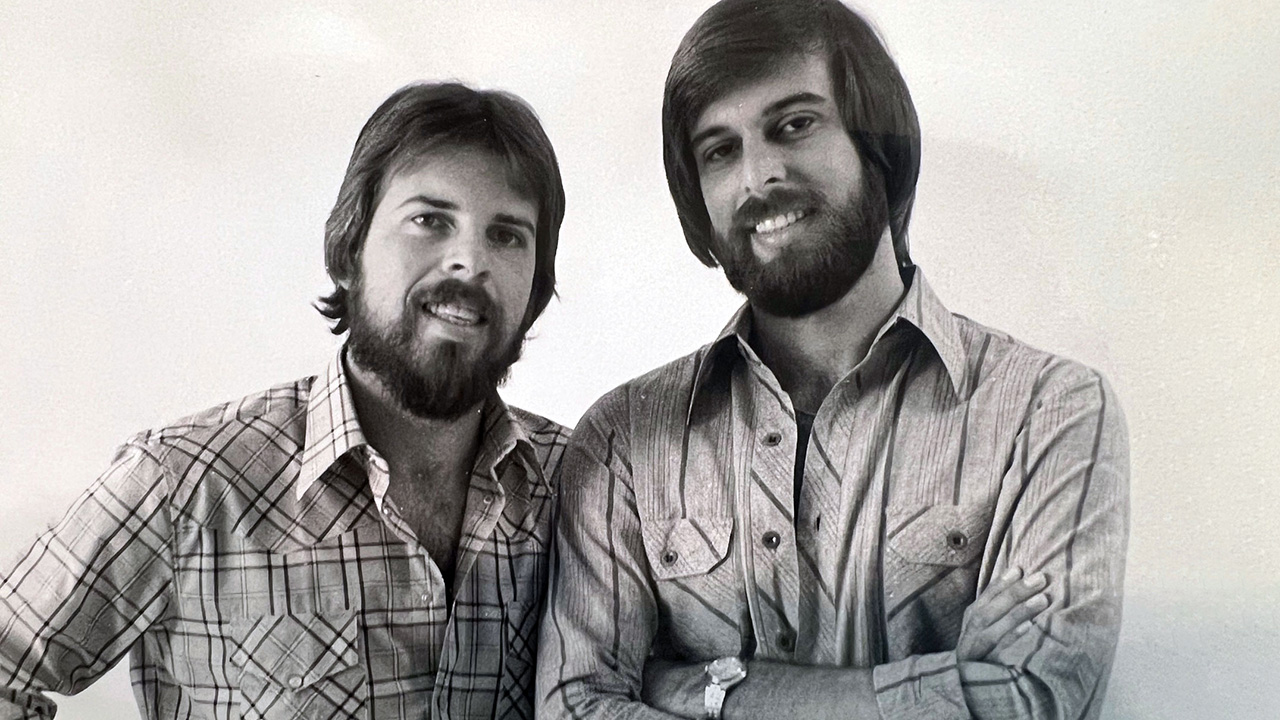
How did Criteria Studios form?
Howard: “It was originally started by Mack Emerman. He was recording jazz records at his house in Coconut Grove. His father had a piece of land nearby on which he was going to build a candy store. Mack convinced him to let him have the property, and we built the recording studio.”
Ron: “It was a one-room facility.”
Howard: “It kind of grew from there. When Ron and I started at Criteria, we started in that one room. It grew to a larger room called Studio A, and then there was Studio B, Studio C, Studio D and so on.”
You were innovators in how you recorded sound.
Ron: “As technology improved, we’d work on our skills. We’d come in late – everybody else would go home at six o’clock. We came up with our multi-mic technique for recording drums: we’d go overhead, have one mic on the kick and mics on every cymbal.
“Part of getting a good guitar sound was knowing the instrument. People will still behave like they’re on stage, and put a microphone straight on a guitar – but if you move the mic six inches to the left, or right, or down, suddenly the sound is so much different.”
Early on, you worked with Jimi Hendrix, who’s primarily known for working with Eddie Kramer. What was that like?
Ron: “Eddie was the chief engineer at Electric Lady, and I was the chief engineer at Criteria. We became friends. Eddie would stay at my house in Miami, and I would stay at his house if I was in New York.
Duane Allman gets all the credit – but there’s no Allman Brothers without Dickey Betts. Dickey came up with all the harmonies, and Duane played ‘em
Ron Albert
“We were the Miami Pop Festival, which came before Woodstock – kind of a dry run. We had all our equipment in the truck, along with our custom console.
“Eddie came with Jimi; Jimi was on stage and Eddie came in the truck with us. Eddie says, ‘You tape it,’ because he didn’t know our setup.
“We recorded him there, and that became part of our resume, due to Eddie. He’s a good friend.”
How did you become involved with Derek and the Dominos?
Howard: “We were doing a lot of Atlantic Records acts, and they were one of the acts that came through. It was amazing to work with them because they were such amazing players and musicians. It was like a big jam session – which was good because we had a lot of good pieces to put together.”
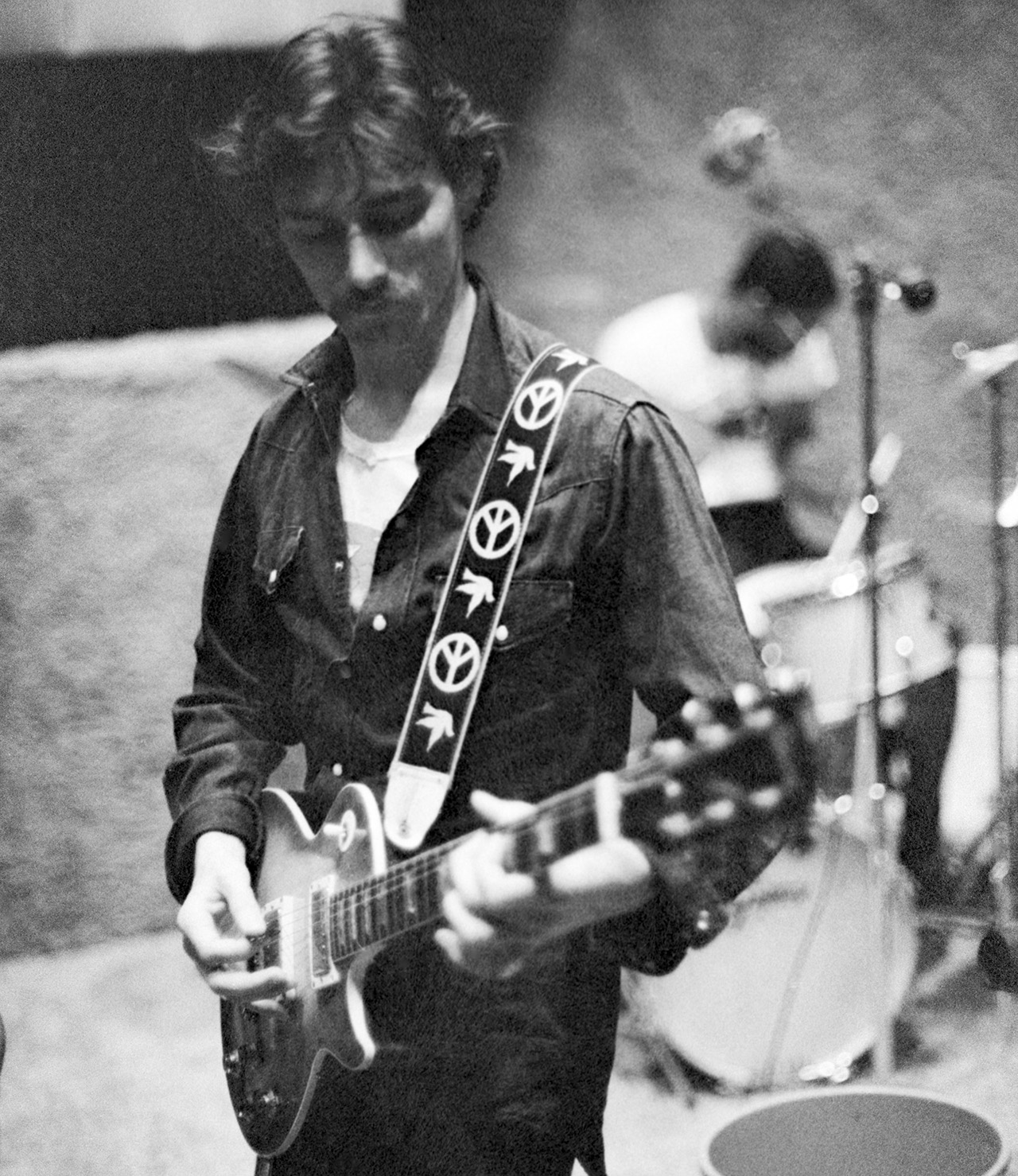
What was it like working with Eric Clapton and Duane Allman?
Ron: “Eric was in England when they started rehearsing, then he decided to come to Miami. When we started the sessions they didn’t have a name, but it was a real band. I remember we set up Eric and Duane in the studio, so they were face-to-face about two feet apart.
“They could literally touch each other’s guitars if they wanted to; and, like Howard said, it was a good jam session. Eric’s playing was unbelievable because he was held up by Duane’s playing, and Duane was held up by Eric. The rest is history.”
Another big piece of your history is your relationship with the Allman Brothers Band.
Ron: “Duane, of course, gets all the credit – but there’s no Allman Brothers without Dickey Betts. Dickey came up with all the harmonies, and Duane played ‘em. Not unlike Eric and Duane, Dickey and Duane were on such a plane together.
“Dickey’s style was so unique in his harmony parts. We’d sit in the studio for hours, rewinding the tape to play it back for him.
“We knew we already had the track, but he’d work for hours getting those harmony parts together. He would show them to Duane, he’d play them, and what came out was Jessica or In Memory of Elizabeth Reed. That stuff doesn’t happen without Dickey.”
Howard: “Dickey had this way of playing; he matched what Duane did on slide, but he’d do it pretty much without a slide. It was pretty amazing what he’d come up with.”
Ron: “Duane died when he was 24 years old; but the thing was that, without people knowing it, Dickey had stepped into the leadership role.”
You also worked with Joe Walsh on The Smoker You Drink, the Player You Get.
The Stones drove themselves to the studio in station wagons… took their guitars out of the cases and tuned up themselves
Ron Albert
Howard: “That was an awe-inspiring guitar moment for us. We did that record with Joe in Studio C, and we kind of had him set up in the hallway. We went through the intro; he was playing and he had no idea we were actually recording it.
“As he was getting ready to say, ‘Okay, I’m ready,’ we called him in and said, ‘Now you’re done.’ Rocky Mountain Way was done in one take, so that was pretty good!”
What was it like working with the Rolling Stones on Goat's Head Soup?
Ron: “They were really great. They drove themselves to the studio in rented station wagons – they didn’t come in limousines. When they arrived, they took their guitars out of the cases and tuned up themselves. They were just like regular people.
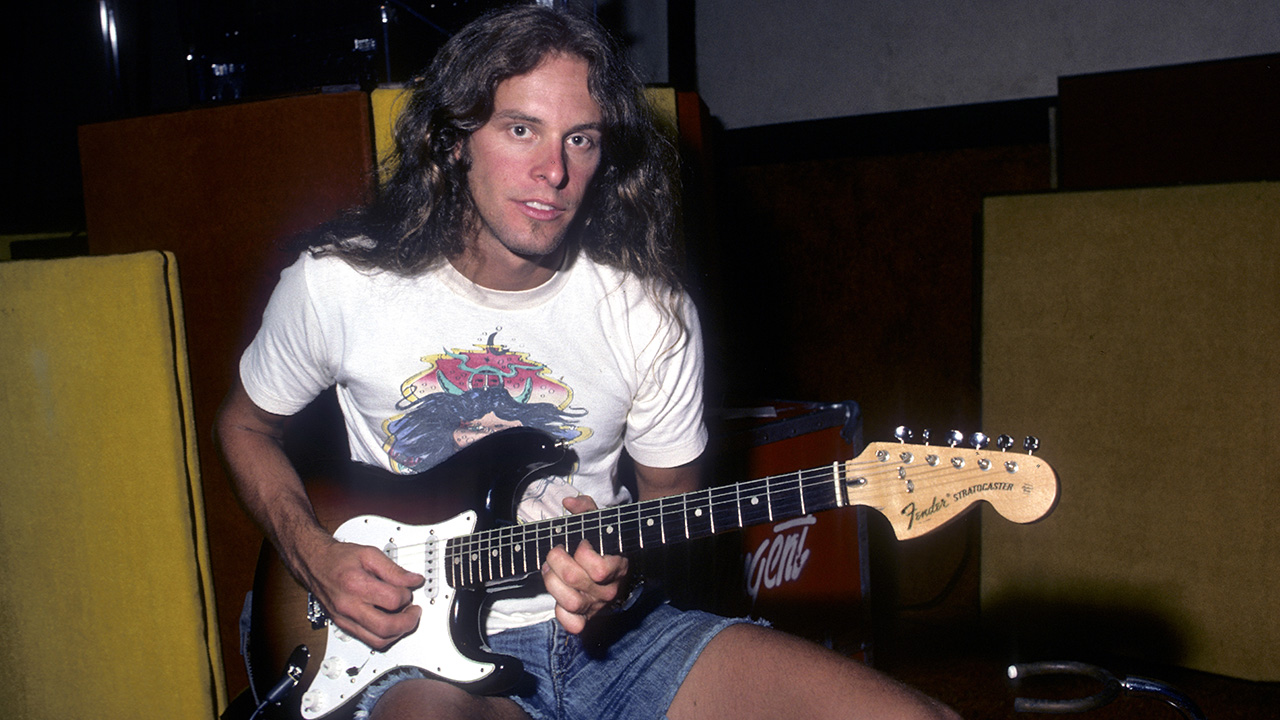
“Keith Richards is a character, alright! But I think the one thing that stands out was when we came in one day, and they were hopping around like bunnies for the whole session!”
You also worked with Frank Zappa in the ‘70s.
Howard: “All these players come in with their own sound. Our job is to capture that sound. All these guys use Fender or Gibson guitars and whatever brand of amp, but Frank was a player with his own approach.
We had some talent and knew what we were doing… but we had an extremely high caliber of people we worked with
Howard Albert
“I think that’s what gave him the sound, along with the ideas. And our job was to capture that sound; and again, that comes down to knowing where to place a mic. We really needed to listen to what Frank was playing and then figure out how to get it all to tape.”
You’re renowned for your drum sounds, but you greatly impacted the guitar landscape too. What are you most proud of at that end?
Howard: “Well, I’m proud we lived through it! But I don't know… we were in the right place at the right time. We had some talent and knew what we were doing, and that came out in the records. But we had an extremely high caliber of people that we worked with, and that certainly helped make something that lasts.”
Andrew Daly is an iced-coffee-addicted, oddball Telecaster-playing, alfredo pasta-loving journalist from Long Island, NY, who, in addition to being a contributing writer for Guitar World, scribes for Bass Player, Guitar Player, Guitarist, and MusicRadar. Andrew has interviewed favorites like Ace Frehley, Johnny Marr, Vito Bratta, Bruce Kulick, Joe Perry, Brad Whitford, Tom Morello, Rich Robinson, and Paul Stanley, while his all-time favorite (rhythm player), Keith Richards, continues to elude him.



